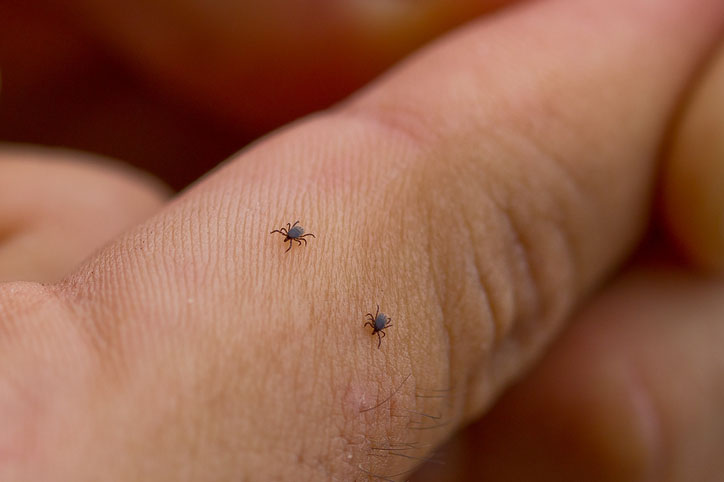Immune System Tumors in Cats
- Immune Disorders of Cats
- The Immune System of Cats
- Disorders Involving Anaphylactic Reactions (Type I Reactions, Atopy) in Cats
- Disorders Involving Cytotoxic Antibodies (Type II Reactions) in Cats
- Disorders Involving Immune Complexes (Type III Reactions) in Cats
- Disorders Involving Cell-mediated Immunity (Type IV Reactions) in Cats
- Immune-deficiency Diseases in Cats
- Immune System Tumors in Cats
- Gammopathies in Cats
Also see professional content regarding immune system tumors.
Cancer occurs when cells grow out of control. This can happen with the cells of the immune system. The normal immune system requires a rapid increase in the growth of lymphocytes to fight foreign invaders. On occasion, this increase in the growth of lymphocytes may be uncontrolled, which causes a tumor called lymphoma. Lymphoma occurs in middle-aged to older cats. No breed of cat is known to have a higher risk for lymphoma than other breeds. Infections with both feline leukemia virus and feline immunodeficiency virus have been shown to increase the risk for developing lymphoma.
Lymphomas can occur in lymph nodes, the spleen, the liver, and other organs. Signs in cats with lymphoma depend primarily on the location of the tumor cells, but can include enlargement of lymph nodes, vomiting, diarrhea, loss of appetite, weight loss, lethargy, difficulty breathing, and increased thirst or urination. The skin form can cause redness or flakiness of the skin, ulceration (especially near the lips and on the footpads), itching, or lumps in the skin. The disease is diagnosed by blood tests and biopsy of a lump or enlarged lymph node. It is often treated with chemotherapy involving several drugs. Adverse effects of the chemotherapy include vomiting, diarrhea, lack of appetite, and fever. Hair loss as an effect of chemotherapy does not occur in cats.
- Immune Disorders of Cats
- The Immune System of Cats
- Disorders Involving Anaphylactic Reactions (Type I Reactions, Atopy) in Cats
- Disorders Involving Cytotoxic Antibodies (Type II Reactions) in Cats
- Disorders Involving Immune Complexes (Type III Reactions) in Cats
- Disorders Involving Cell-mediated Immunity (Type IV Reactions) in Cats
- Immune-deficiency Diseases in Cats
- Immune System Tumors in Cats
- Gammopathies in Cats





